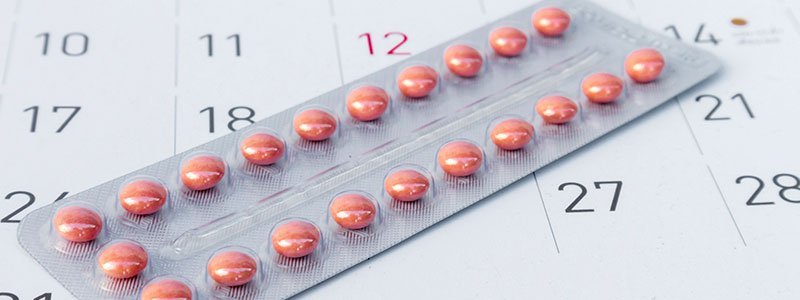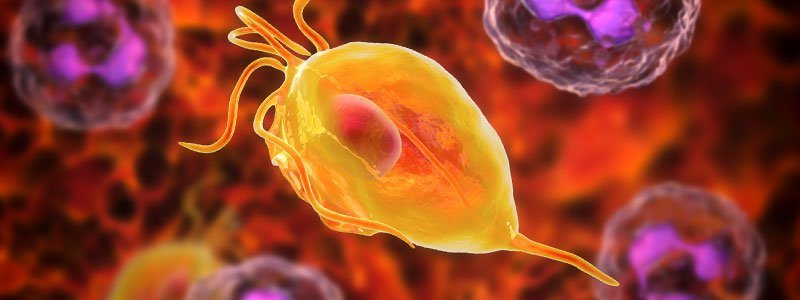Infertility Quiz: Test Your IQ of Infertility (answer)
Answers FAQ
Infertility FAQs
Test your Knowledge!
- Men and women are equally likely to have fertility problems. True or False?
- What is a major factor for infertility in women?
- Women who are trying to conceive should boost their intake of what vitamin?
- The most fertile days of a woman's cycle can vary from month to month. True or False?
- Women should avoid pregnancy for three months after discontinuing birth control pills. True or False?
- Men do not experience age-related decreases in fertility. True or False?
- Which sexually transmitted disease can result in infertility in women?
- If a couple is infertile, this means the couple what?
- A 35-year-old woman is considered infertile after trying to conceive for how long?
- In vitro fertilization (IVF) is a simple, cost-effective procedure for infertile couples. True or False?
- Improve your Health I.Q. on Infertility
- Infertility Related Slideshows
- Infertility Related Image Collections

Q:Men and women are equally likely to have fertility problems. True or False?
A:True. Men and women are equally likely to have a fertility problem. In about one in five infertile couples, both partners have contributing problems. In about 15% of couples, no cause is found after all tests have been done. This is referred to as unexplained infertility.

Q:What is a major factor for infertility in women?
A:Age, weight and anovulation. Rarely, in the uterus, fibroid growths, endometriosis, tumors, cervical problems, or irregular uterine shape can keep the egg from implanting in the uterus. In women, fertility declines with age, and even more so after the age of 35. Conception after age 45 is rare. Being overweight or underweight can also play a role in having trouble conceiving. Anovulation refers to a woman who is not ovulating and therefore cannot conceive.

Q:Women who are trying to conceive should boost their intake of what vitamin?
A:Folic acid. Women trying to conceive should add a supplement of at least 600 mcg folic acid, either alone or as part of their prenatal vitamins to decrease the risk of fetal malformations. Folic acid may also decrease the risk of a miscarriage. The folic acid supplement should be started at least one to two months prior to conception to maximize its efficacy.

Q:The most fertile days of a woman's cycle can vary from month to month. True or False?
A:True. A woman is most fertile around one to two days before ovulation (when the egg is released from the ovary). Ovulation occurs on different days for different women. It can vary month to month for many women, and some women can have longer or shorter cycles. Ovulation typically happens for most women 11 to 21 days into a menstrual cycle.

Q:Women should avoid pregnancy for three months after discontinuing birth control pills. True or False?
A:False. There's no reason to wait to try to get pregnant after discontinuing birth control pills. Most women start ovulating again about two weeks after taking the last pill.

Q:Men do not experience age-related decreases in fertility. True or False?
A:False. Men who are 40 years of age or older often have decreased fertility. However, in men, the most common reasons for infertility are sperm disorders. These problems include: Low sperm count (too few or no sperm in the semen); Low sperm motility (sperm don't move as well as they should); malformation of the sperm, and/or blocked sperm ducts .

Q:Which sexually transmitted disease can result in infertility in women?
A:Pelvic inflammatory disease. Pelvic inflammatory disease or PID, is an infection of the female reproductive organs. PID is one of the most serious complications of certain sexually transmitted diseases in women. PID can cause irreversible damage to the uterus, ovaries, Fallopian tubes, or other parts of the female reproductive system, and is the primary preventable cause of infertility in women.

Q:If a couple is infertile, this means the couple what?
A:Could not conceive after 12 months of unprotected sex. Infertility is defined as the inability to conceive after 12 months of regular unprotected intercourse. For many couples infertility is a crisis, but infertility doesn't mean you can never have a child. Fertility problems often come with feelings of guilt or inadequacy. Up to 15% of all couples are infertile, but only 1% to 2% are sterile. Half of couples who seek help can eventually conceive and birth a child either on their own or with medical assistance.

Q:A 35-year-old woman is considered infertile after trying to conceive for how long?
A:6 months. If the woman is 35 or older, an infertility diagnosis is considered after only six months of regular unprotected intercourse. A woman's chances of having a baby rapidly decrease every year after age 30. As a woman ages, she has fewer healthy eggs remaining.

Q:In vitro fertilization (IVF) is a simple, cost-effective procedure for infertile couples. True or False?
A:False. IVF involves combining eggs and sperm outside the body in a laboratory. Once an embryo or embryos form, they are then placed in the uterus. IVF is a complex and expensive procedure; only about 5% of couples with infertility seek this treatment.
&Copy; 1996-2022 MedicineNet, Inc. All rights reserved.Source quiz on MedicineNet
Improve your Health I.Q. on Infertility
Infertility Related Slideshows
- Infertility: Which Treatment Is for You?
- Facts to Help You Get Pregnant
- Could You Be Pregnant?
- See All Slideshows

